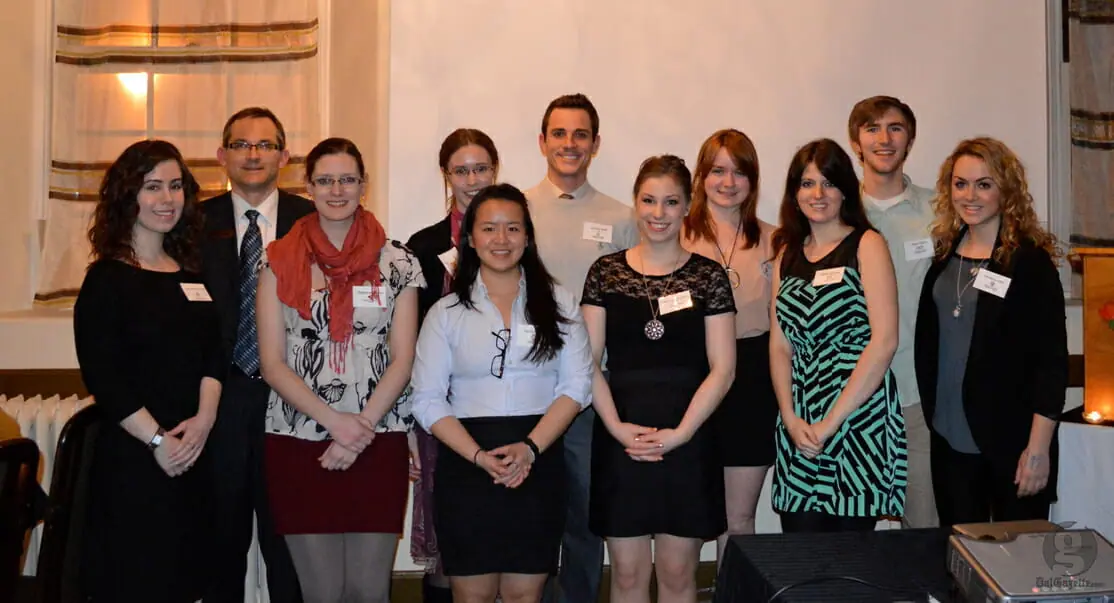
The academy is heating up as we hurdle into the second half of the 2013-14 academic year. This semester, Dalhousie will play host to two major undergraduate conferences: the annual Atlantic Undergraduate Conference, and the annual Dalhousie Arts and Social Sciences Society (DASSS) Undergraduate Conference—the only national undergrad gathering in Canada. On top of these exciting events, student academic journals will be in full swing this winter, with everything from English to physics churning out original undergrad papers for publication.
Both the conferences and the journals are an important medium for original work that often gets marked and forgotten. However, in the rush of second semester, amid the pressure to do well, learn lots, volunteer and work part-time, are they what undergrads really need?
Full disclosure: I will be involved in organizing both of the above mentioned conferences, and am a member of the English Society exec, which publishes the ever- enlightening Verso and Fathom each year. Clearly, I feel there is some merit to these efforts. Also, it would be awkward for everyone involved if I didn’t come up with at least some positives.
On that note: both conferences and journals are a means of salvaging the original thoughts and hard work undergrads put in to their papers, which usually end up languishing in a prof’s filing cabinet after grading—if it’s kept at all. Conferences in particular serve to further academic discourse, literally: participants can absorb and respond to their colleague’s thoughts in real time, face-to-face interactions. In many ways, undergrad conferences embody what I came to university for in the first place: a space to discuss ideas with other eager beavers. Plus, free dinners.
Journals, like school newspapers, are an outlet for students to hone their writing skills, teaching participants about the editing process and how to work with others to produce a finished product. Like the speaking skills sharpened at a conference, the tools gained by publishing with a journal are transferable to many other areas of life.
Despite these (very positive, very worthy) aspects, the proliferation of undergrad journals and conferences comes with ramifications as well. While their spread means more work is being saved and more voices being heard, it also increases the pressure to participate. For some students, for various reasons, it’s hard enough turning in a class paper, let alone finding the time to rewrite it for a conference. This can put these students at a disadvantage should they choose to go on to grad school. Suddenly, it’s not enough to have good grades; they have to have papers published and presented, too. In this sense, while these outlets further academic discourse, they also open up another avenue of competition, another means for some to get ahead while others fall behind.
This is not a call to stop the professionalization of undergrad (as if I could) but to reflect on its implications for whom lost opportunities are already a reality at university. I’m going to be there, and participate in that discourse; I only hope that everyone who wants to be, is there with me.

Recent Comments